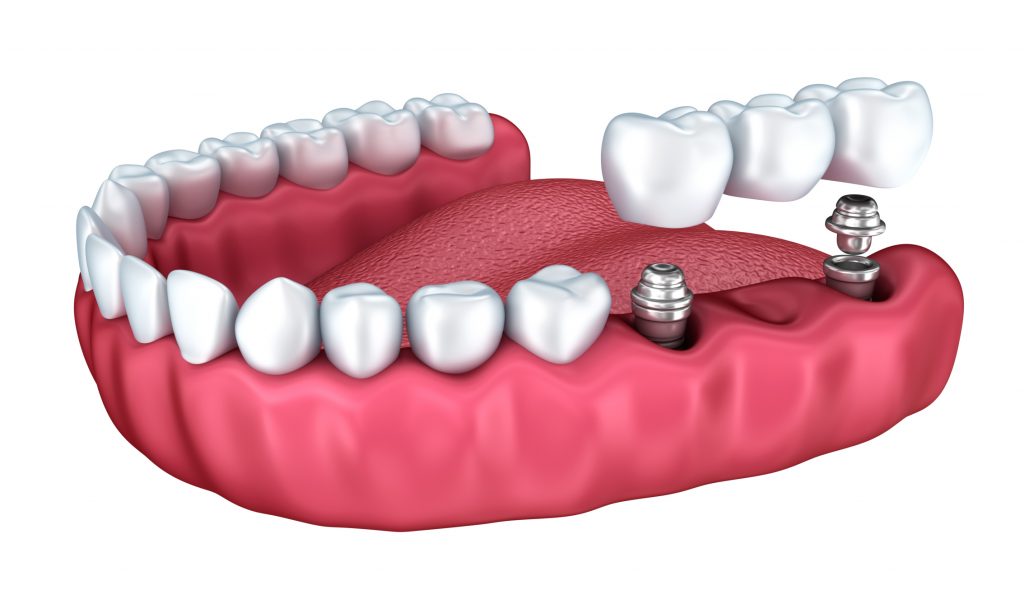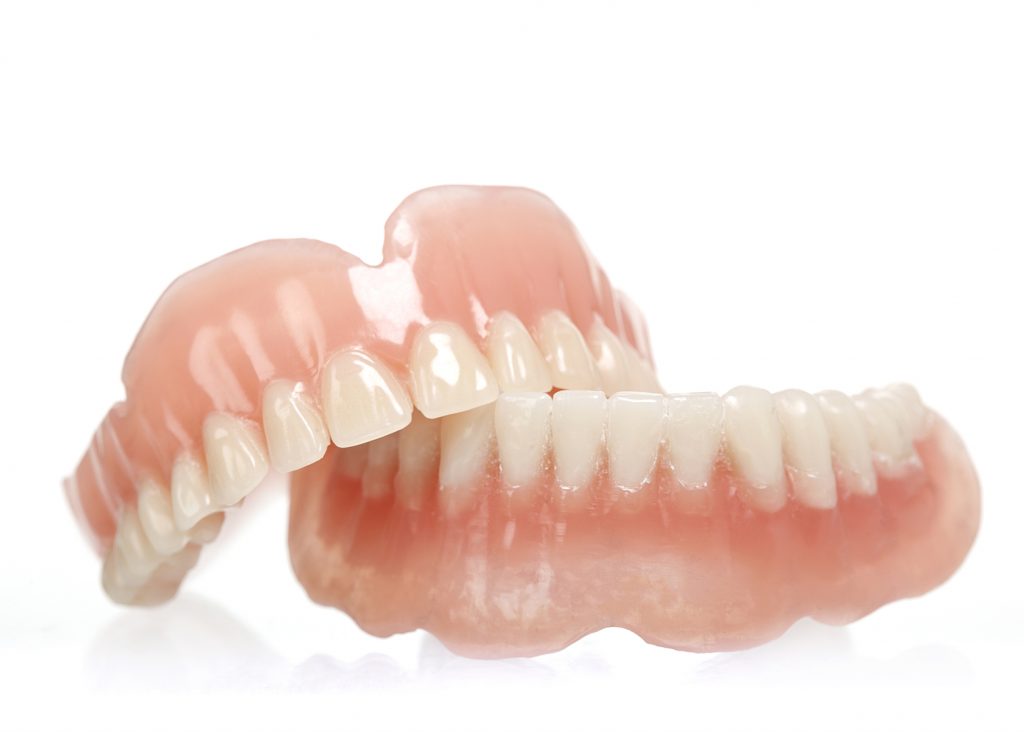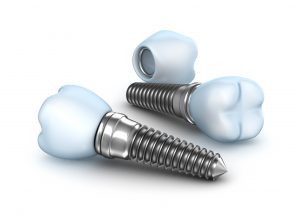
Have you noticed that your jaw is sore when you wake up? Does your significant other notice that you are grinding your teeth? It is estimated that 30-40 million Americans are affected by what is known as bruxism. Clenching causes pressure on the muscles, tissues, and other surrounding structures of the jaw, which can cause jaw joint disorders, headaches, neck pain, jaw pain, ear pain, tense muscles, and excessive wear on the teeth. The cause of bruxism is not completely known, but many agree that stress and anxiety play a major role. Bruxism can cause damage to the temporomandibular joint (the hinge that connects the lower jaw to the upper jaw) if not properly treated.
So, what is the treatment? Stress reduction and anxiety management are methods used to treat bruxism and reduce the symptoms, but a dental night guard is the most commonly used treatment method. A night guard is a horseshoe-shaped, retainer-like, plastic appliance with shallow borders that can be worn on either the top or the bottom teeth. It is intended to protect the teeth from the pressure of clenching and grinding by having a protective cushion between the upper and lower teeth. A nightguard is a simple and affordable decision for protecting your teeth and jaws from the damaging effects of bruxism. When properly made by your dentist, it can help reduce clenching, grinding, and TMJ problems by helping to relax the muscles in the jaw.
If you would like more information about bruxism, call Dr. Peter O. Cabrera in Chicago, IL at 312-994-7939 or visit www.perioimplantchicago.com.
Dr. Cabrera proudly serves Chicago and all surrounding areas.









